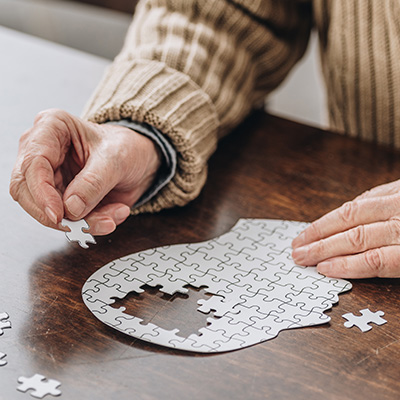Memory Loss in seniors: How Do Professional Care Programs Help?
Memory loss may sound like an ordinary thing to you, and it can frustrate not only the person who experiences it, but also the family of the individual. When an individual starts forgetting things and has a diminishing memory, those who live with them or care for them are unable to understand what they are looking for, or how to help them overcome the problem. The unfortunate part is that people are preoccupied with their own life and they are unable to pay attention to their elderly parents, who need someone all the time.

